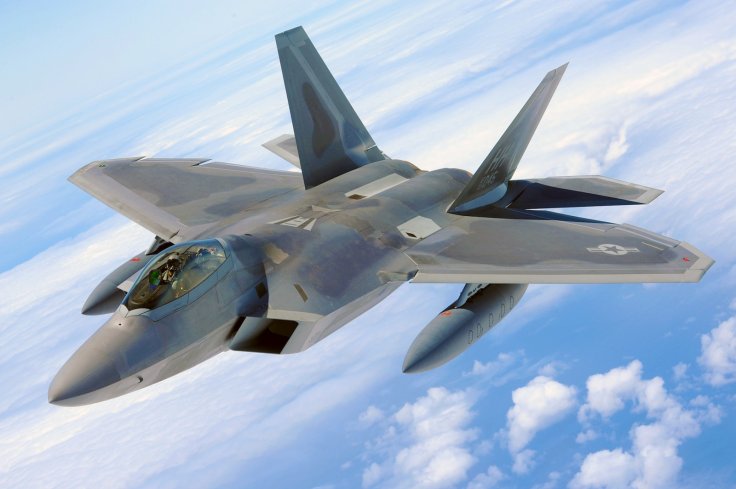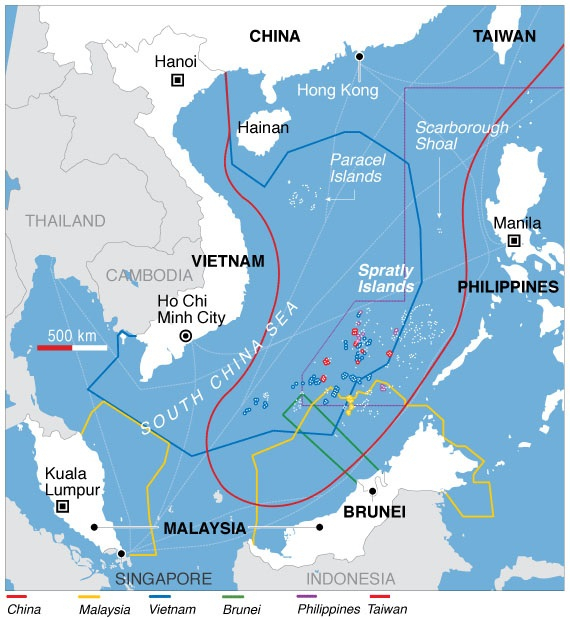A US military aircraft was forced to take evasive action last week when a Chinese fighter jet intercepted a US reconnaissance aircraft over the South China Sea.
The Indo-Pacific Command which is responsible for overseeing US military operations in the region said the incident occurred on December 21. It highlighted that a Chinese Navy J-11 fighter jet flew within 20 feet of the nose of an RC-135 Rivet Joint. The US Air Force reconnaissance plane had 30 people on board and had to take evasive manoeuvre to avoid a collision.
The statement claimed that the US aircraft was lawfully conducting routine operations over the South China Sea in international airspace.

China Resents US Military's Presence
A defence official said majority of aircraft interactions, including those between the United States and China, are done in a safe and professional manner. "In cases such as this incident when they are determined to be unsafe, the US responds through diplomatic and military channels through lines of communication with Beijing." The official said they intend to do so in this case.
China is very much possessive of much of the South China Sea and claims it to be part of its territorial waters. As such, Beijing resents the presence of US military assets in the area and regularly demands its ships and aircraft to leave the region. But Washington says it is fully entitled to operate in and over the South China Sea and ignores the Chinese demands. Moreover, China has been accused of harassing military aircraft and ships in the East China Sea off the Chinese coast, even as far away as the Horn of Africa where it has a naval base.

US Accused of Pushing China
Chinese Foreign Ministry spokesperson Wang Wenbin accused the United States of posing serious threats to China's national security with its surveillance operations. "China will continue to take necessary measures to firmly defend its sovereignty and security, and work with regional countries to firmly defend the peace and stability of the South China Sea."
Wang reiterated Beijing's objections to US's arm sales to Taiwan. This week, Washington gave the nod for the sale of a $180 million anti-tank system to the island state. "The US should stop arms sales and military contact with Taiwan and stop creating new factors that could lead to tensions in the Taiwan Strait," he said.









